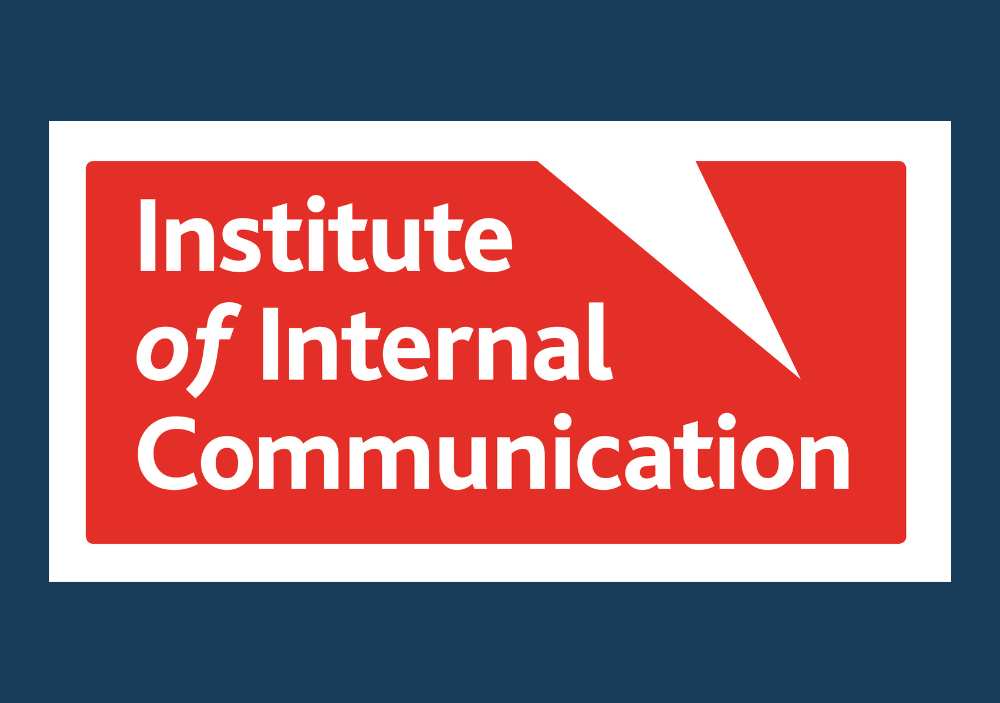Explore the latest edition of WorkLife Business News, focusing on the heart of DEI: How organisations can create a sense of belonging.
View Edition.
September 2025
Written by: Jennifer Sproul, Chief Executive, Institute of Internal Communication (IoIC).
Navigating Complexity in a New Era
The world of work is undergoing profound transformation. AI adoption, global uncertainty, shifting demographics and evolving employee expectations are all reshaping how organisations operate. In this era of continuous change, internal communication is not just a support function – it is a strategic enabler of resilience, adaptability and trust.
Yet, amid these changes, one critical challenge is often overlooked: the loss of tacit and implicit knowledge—the deep, experience-driven insights that are hard to document but vital to success. As experienced colleagues retire and AI tools become more embedded, organisations must ask: How do we ethically and effectively retain and share what we know?
From Storing Knowledge to Enabling Flow
AI holds enormous potential to drive efficiency and innovation —but its promise depends on how we manage knowledge. We’re witnessing a shift from static repositories to dynamic knowledge-in-flow: agile, contextual and human-informed.
Key features of this transformation include:
Reimagining Internal Communication: Enabling Connection and Trust
Internal communication is evolving. It’s no longer just about distributing information—it’s about enabling ethical, inclusive, and human-centred knowledge exchange.
The IoIC’s AI Ethics Charter provides a guiding framework: AI should enhance, not replace, human interaction. We must design communication practices that encourage inclusion, foster dialogue, and build transparency and trust.
The internal communication function of the future will:
What the Data Tells Us
Insights from the IC Index 2025, developed by the Institute of Internal Communication in partnership with Ipsos Karian and Box, reinforce these themes. As the UK’s most comprehensive study of employee attitudes toward internal communication, its findings spotlight urgent areas for attention:
Closing the Feedback Loop
True knowledge sharing flourishes in cultures where employees feel heard, safe and valued. Yet many organisations still treat feedback as a box-ticking exercise rather than a continuous, strategic loop.
To move forward, organisations must embed iterative listening and visible responsiveness into their culture. When trust is high and feedback leads to real change, employees are more likely to:
Foundations for Human-Centred Knowledge Sharing
To fully leverage AI-enabled knowledge management, internal communicators must partner with HR, IT, and senior leaders to design systems anchored in five strategic pillars that drive engagement, trust and performance.”
The Irreplaceable Role of Human Insight
While AI reshapes how we access and manage information, the most meaningful knowledge remains human. Internal communication professionals are uniquely positioned to champion cultures of trust, connection and collaboration – the foundations of resilient and adaptive organisations.
By placing ethics at the heart and people at the centre, we can design systems that elevate not just communication, but the very way organisations learn, grow and evolve.
Now is the time to position internal communication as a strategic driver of human-led transformation.
About the Institute of Internal Communication
Formed in 1949 the Institute of Internal Communication (IoIC) is the leading professional body solely dedicated to internal communication in the UK.
We represent more than 2,800 members: communications professionals who shape and influence workplaces for the better.
We’ve been driving standards for over 75 years, by developing and supporting internal communication professionals through our qualifications, training, awards, communities and thought leadership. Our mission is to promote the impact of effective internal communication on organisational performance and working lives.
This article was originally featured in the August 2025 edition of WorkLife Business News which you can view here!
Subscribe to receive future editions of WorkLife Business News here!

